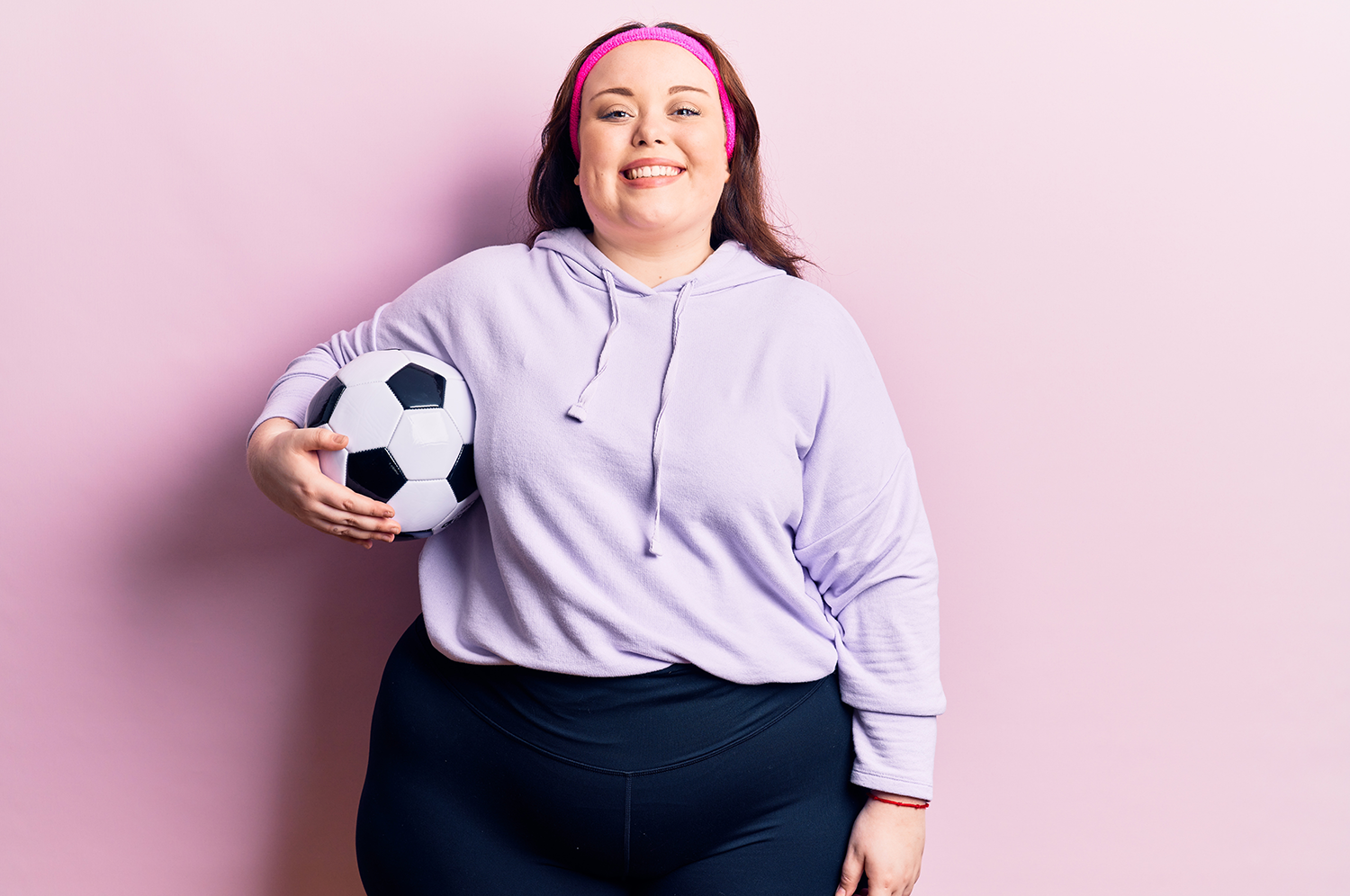Cardio Ideas For Those Who Don’t Want To Run
Published by
CONTRAVE Care Team
on
There are two types of people in this world: those who enjoy strapping on their sneakers and going for a jog on a beautiful morning, and those who shake their heads at them as they pass by to go pick up their morning coffee.
While running is a great exercise to improve cardiovascular fitness, it’s not for everyone. For various reasons—injury, schedules, a general hatred of the treadmill, or just plain personal preference—running isn’t always the best fit. However, your holistic workout plan should definitely include some cardio exercises to benefit your heart health and more.
The good news? Plenty of great cardio workout options don’t require you to get miles under your belt, and we’ve put together some options below. Remember to discuss any new workout plan with your doctor before beginning.
So… if you don’t want to run, what do you want to do?
I want to get vertical.
Maybe running appealed to you at first because you love working out your legs and feeling each push off the ground. Plyometric cardio workouts like jump roping burn a lot of calories in a short amount of time while helping you work on your vertical jump height.
For those looking for less impact on the knees, mini trampoline exercises are a fun jumping workout alternative.
I want to dance the night away.
If your favorite part of running is getting to listen to your favorite high-energy music, a dance-based cardio workout may be right for you.
Dance-inspired sculpt workouts (the modern version of the leotard-clad aerobics classes of the 80s) are a great option and typically require little if any equipment. Zumba is another great option if you want to get your cardio on to Latin music-inspired grooves.
I want to get lots of variety.
One common complaint about running is that it’s boring and repetitive (especially if you’re doing it on a treadmill). There are a couple of options for high-intensity cardio workouts that rely on a series of quick movements—and many times they only take 15-20 minutes to complete.
High-intensity interval training (HIIT) will have you doing a certain number of reps of exercises like burpees, mountain climbers, and push-ups, followed by a brief period of rest. Tabata is another version of HIIT where you do 20 seconds of exercise followed by 10 seconds of rest.
I want to get some aggression out.
Sometimes, life throws you so much that you just want to punch back. Exercises like boxing can be a great way to fight stress (literally).
Boxing is a high-intensity activity, whether you’re taking the gloves to the bag or bouncing around in a fun group shadowboxing class. It’s also great for your upper body and core strength. Time to get into the eye of the tiger.
I want to reconnect with my inner child.
One of the great things about exercise is it gets you moving in ways you may not have since you were young. Exercises that remind you of childhood help keep the workouts fun–which keeps you working out in general.
Roller skating or blading is a fun option that recently had a resurgence on social media. You can strap on your skates and hit the local park path or even boogie the night away at a disco roller rink. If you were more of a team sports kinda kid, check out your area for local adult intramural sports teams. They can not only be a great scheduled source of exercise, but they can also help you meet more people.
On the days you want to do some cardio, maybe it’s time to bounce, dance, or skate your way to better health. Try some of these options out and see what you like best. Remember, the best workout is one you love doing and want to keep doing!
CON-1604-001 03/23

